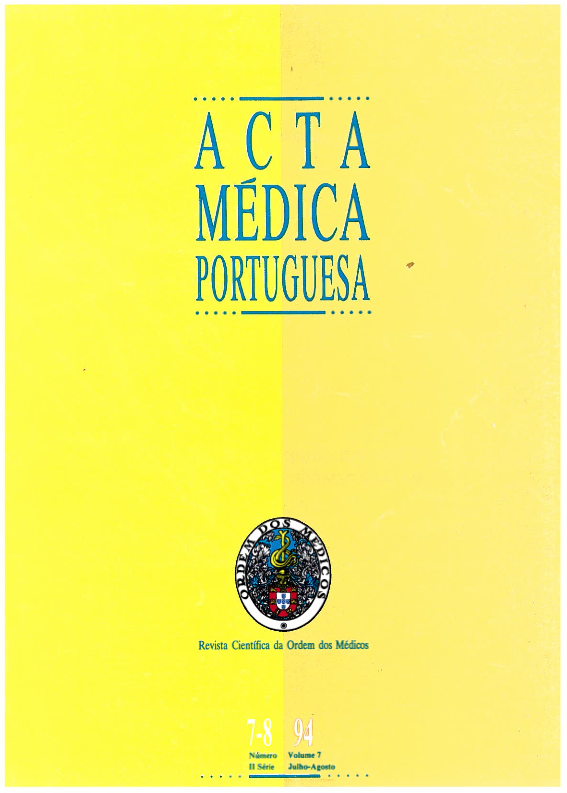The computerized clinical record: merely an academic discussion or an essential technology?.
DOI:
https://doi.org/10.20344/amp.2936Abstract
The publication of the results of a study on improving patient records, recently completed by the Institute of Medicine of the National Academy of Sciences, in the United States, where it was concluded that the Computer-Based Patient Record (CPR) was an essential technology for health care, witnesses the importance and expectations that patients, physicians and other health care professionals, hospital administrators and health systems managers, place on forms of management of clinical information that are more accurate, complete and efficient than what is possible with current methods. A large amount of work is in order, to develop standards for sharing clinical data between clinical information systems and for representing medical terminology and knowledge, to create legislation regarding data protection in CPR, and for the preparation of health care professionals for the information and technological demands of the future. Recent developments in database integration, and the experience of several CPR systems developed at academic institutions, have led to the progressive delineation of the architecture of modern CPR systems.Downloads
Downloads
How to Cite
Issue
Section
License
All the articles published in the AMP are open access and comply with the requirements of funding agencies or academic institutions. The AMP is governed by the terms of the Creative Commons ‘Attribution – Non-Commercial Use - (CC-BY-NC)’ license, regarding the use by third parties.
It is the author’s responsibility to obtain approval for the reproduction of figures, tables, etc. from other publications.
Upon acceptance of an article for publication, the authors will be asked to complete the ICMJE “Copyright Liability and Copyright Sharing Statement “(http://www.actamedicaportuguesa.com/info/AMP-NormasPublicacao.pdf) and the “Declaration of Potential Conflicts of Interest” (http:// www.icmje.org/conflicts-of-interest). An e-mail will be sent to the corresponding author to acknowledge receipt of the manuscript.
After publication, the authors are authorised to make their articles available in repositories of their institutions of origin, as long as they always mention where they were published and according to the Creative Commons license.









